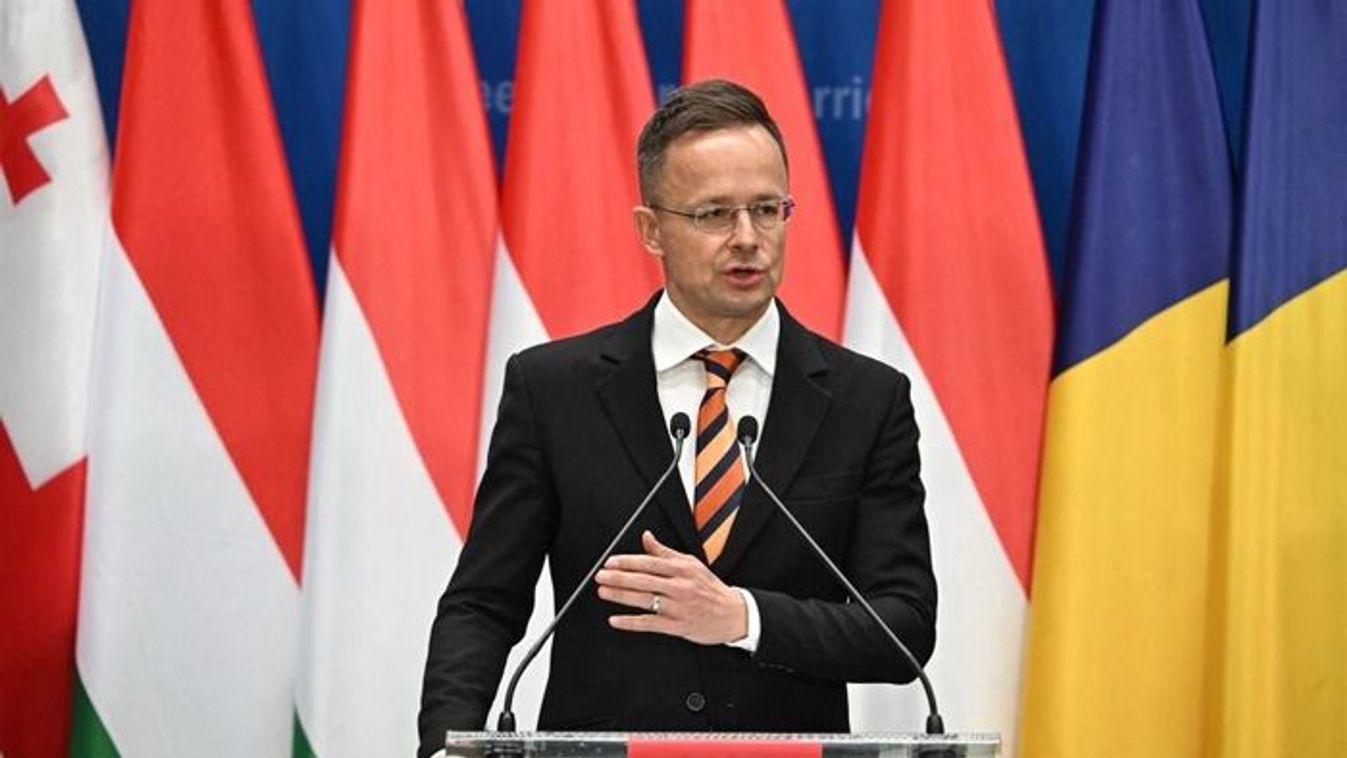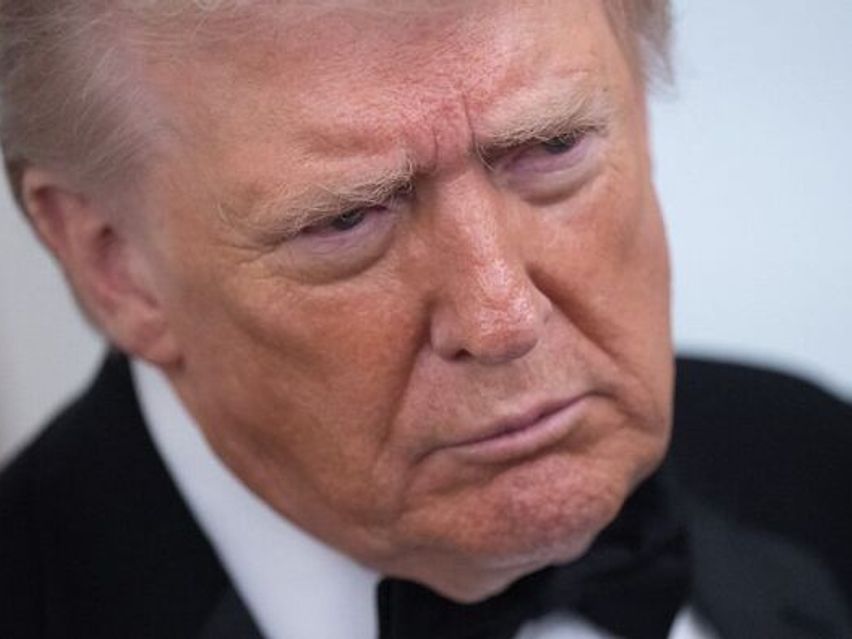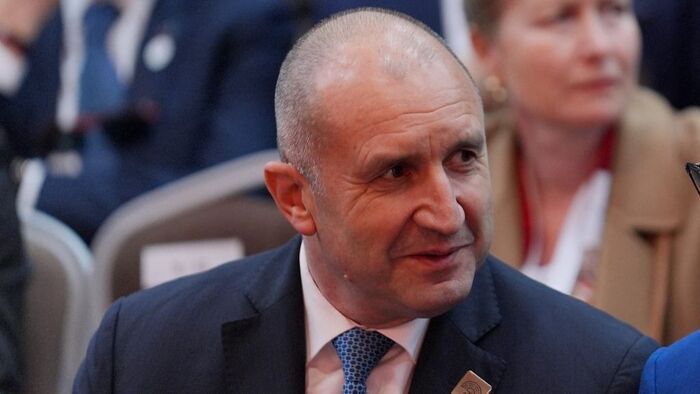He emphasized that through increasing digitalization and automation, Hungary’s leadership in the global automotive sector is being reinforced. He also noted that Suzuki operates its only European manufacturing plant in Esztergom, making it a natural hub for logistics and IT services.
Szijjarto welcomed the fact that more than one-third of Suzuki’s suppliers are Hungarian companies, and that the developments offer significant opportunities for domestic small and medium-sized enterprises.
He also pointed out that Suzuki was once again the market leader in new car sales in Hungary last year, with a market share of between 13–14%, holding the top position for the 21st time.
The minister stressed that
Suzuki has played a major role in the Hungarian automotive industry’s continued record-breaking performance. In 2023, the sector’s production value reached 13 trillion forints (almost €32.6 billion), a sign, he said, that "the backbone of the Hungarian economy is in good and stable condition."
He also reflected on the crises of recent years, noting that the global economic status quo has shifted, the West's previously assumed stable hegemony has weakened, while the East has advanced significantly in technology across many industries.
This shift, he said, has triggered global competition for Eastern investments — a competition in which Hungary is performing well. Currently, three of the ten largest investor communities are made up of Eastern companies, compared to only one previously.
“We have entered the fierce competition for Eastern corporate investments successfully,” he said. “This is confirmed by record-breaking investment figures year after year. It’s clear to everyone how important Japanese companies and their investments are in breaking these records.”
























Szóljon hozzá!
Jelenleg csak a hozzászólások egy kis részét látja. Hozzászóláshoz és a további kommentek megtekintéséhez lépjen be, vagy regisztráljon!